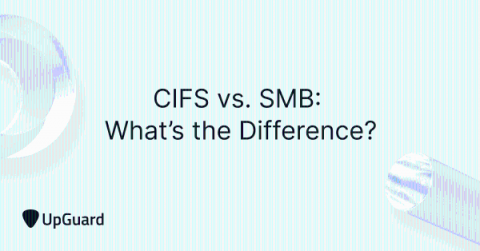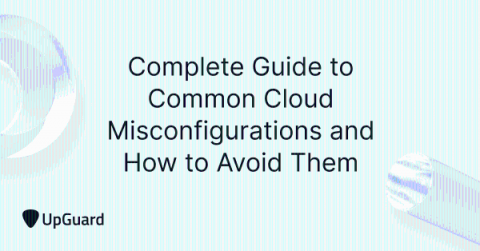What is CIFS?
CIFS (Common Internet File System) is a network protocol that allows clients to communicate with servers and access file sharing and print services as if they were stored locally. The CIFS protocol is a particular implementation -- or dialect-- of the file-sharing protocol SMB (Server Message Block). The Server Message Block protocol was released by IBM in 1983 that has since undergone several modifications to its functionality by Microsoft.













